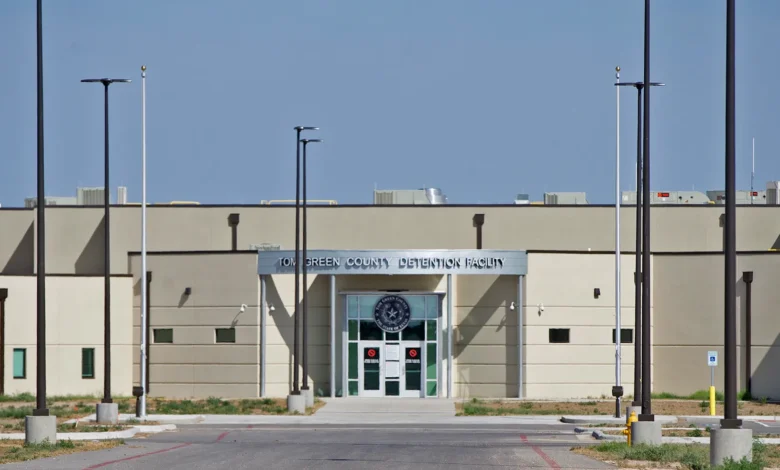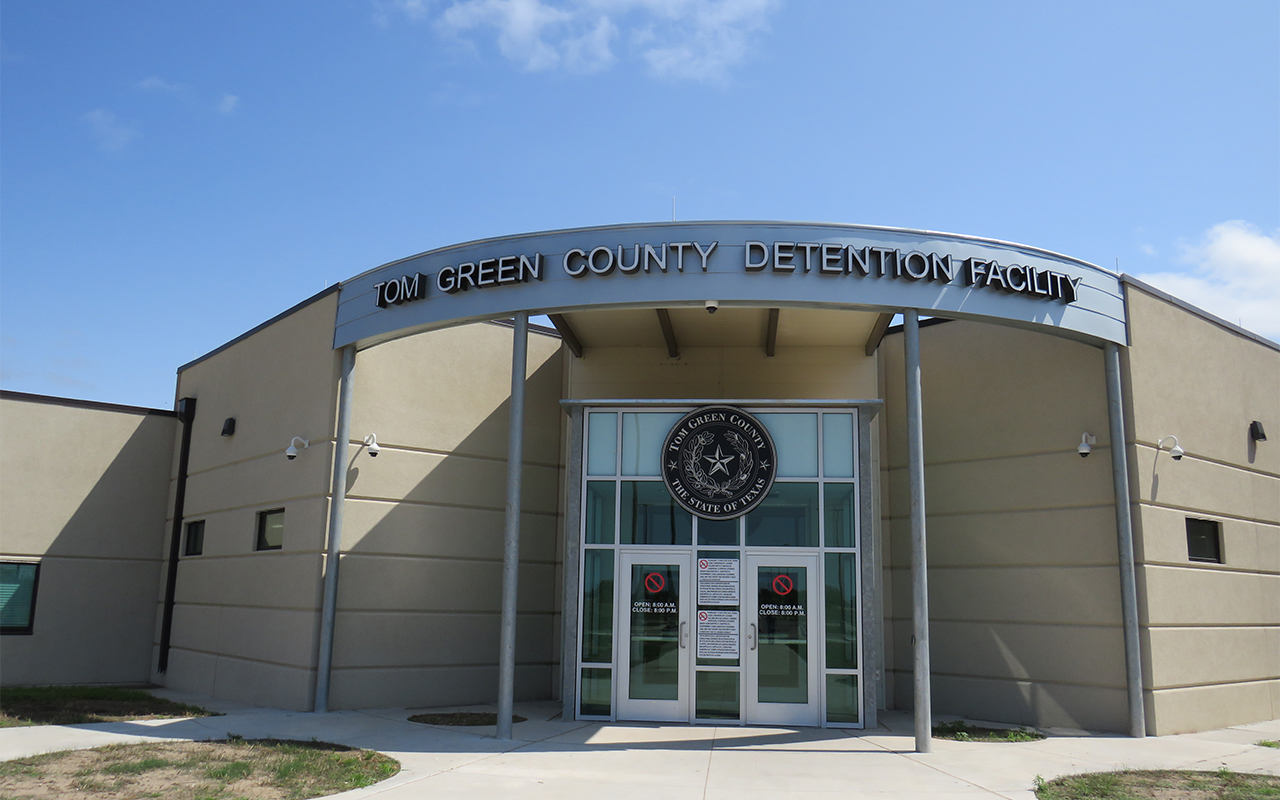Tom Green County Jail Release Process: How It Works

The Tom Green County Jail plays an essential role in Texas’s correctional system by serving as a facility for those awaiting trial and those serving short sentences. Understanding the policies, procedures, and general life within Tom Green County Jail is valuable for families, legal representatives, and the community as it helps to humanize the correctional process while highlighting inmate rights and available resources. This article will provide an informative overview of the jail’s operations, inmate programs, and how families and the public can interact with this facility.
Facility Overview and Key Statistics
Located in San Angelo, Texas, Tom Green County Jail is a medium-security facility with a capacity to house several hundred inmates at any time. The jail accommodates individuals facing a range of charges, from misdemeanors to more serious offenses. Staffed by trained professionals, the jail upholds strict security measures to ensure inmate and staff safety.
The jail continually updates its practices to align with Texas correctional standards. Recent renovations have focused on enhancing security protocols, improving inmate living conditions, and expanding rehabilitation programs. By maintaining these standards, Tom Green County Jail aims to provide a safe and stable environment for those in custody.
Booking and Intake Process
Upon arrival, inmates go through a thorough booking process. This involves fingerprinting, mug shots, and the collection of personal information. All personal belongings are documented and stored until release. Medical screenings are also conducted to assess inmates’ physical and mental health needs.
During intake, inmates are informed about their rights, jail policies, and procedures. They may be assigned bail or await further legal proceedings. The booking process ensures that each inmate’s records are updated and that any necessary accommodations are in place.
Daily Life and Inmate Programs
Daily life in Tom Green County Jail follows a structured schedule. Inmates have set times for meals, exercise, and work assignments. These structured routines help maintain order and a sense of normalcy. Inmates can participate in various programs, including educational courses, vocational training, and substance abuse recovery programs.
Programs such as GED preparation and life skills training aim to help inmates reintegrate into society. These opportunities play a crucial role in reducing recidivism by empowering individuals with knowledge and skills they can use upon release.
Visitation Rules and Guidelines
Visiting hours vary based on the inmate’s classification and the facility’s schedule. To visit an inmate, individuals must present valid identification and adhere to a dress code. Background checks are often required for frequent visitors to ensure safety within the facility.
For those who cannot visit in person, virtual visitation options are available. Virtual visits have become increasingly popular as they offer families a convenient way to maintain contact. Maintaining family connections during incarceration positively impacts inmates’ morale and encourages positive behavior.

Inmate Communication: Mail, Phone, and Online Services
Inmates at Tom Green County Jail can communicate with loved ones through mail, phone calls, and limited online services. Mail is thoroughly inspected for security reasons, and only approved items are allowed. Sending letters and packages can be an essential lifeline for inmates, providing them with support from the outside world.
Phone services are available, but calls are typically limited in duration and may incur fees. Family members can also deposit funds for inmates to make calls or purchase commissary items. These communication channels help inmates stay connected, which is vital for their mental well-being and successful reintegration.
Inmate Rights and Grievance Procedures
Inmates have basic rights as outlined by state and federal laws, including the right to fair treatment and access to medical care. Tom Green County Jail provides a grievance system that allows inmates to file complaints if they feel their rights have been violated. This system helps ensure transparency and fairness in jail operations.
Disciplinary actions are in place for rule violations, but inmates have access to legal resources if they wish to contest these actions. Protecting inmate rights is essential for maintaining a just correctional system, and grievance procedures offer a way to address issues internally.
Release Procedures and Post-Release Support
The release process at Tom Green County Jail is straightforward. Inmates are usually released upon completing their sentence, posting bail, or as a result of legal rulings. Reentry support programs, often organized with community partners, provide resources to help former inmates secure employment, housing, and other necessities.
These programs play a significant role in preventing recidivism by assisting individuals with the transition back into society. Families are encouraged to support inmates throughout this process, as stable support networks significantly impact post-release success.
Community Involvement and Transparency
Tom Green County Jail upholds transparency by making jail records accessible to the public. Community members can view inmate rosters, booking information, and other records that promote accountability within the jail. Community involvement is encouraged through volunteer programs and rehabilitative services that foster inmate rehabilitation.
The jail collaborates with local organizations to create programs that positively impact inmates’ lives. Transparency and community engagement enhance the facility’s reputation and help create a support system that benefits both inmates and the community.
Conclusion
Tom Green County Jail serves a vital role in public safety while promoting inmate rights and rehabilitation. By understanding jail policies, inmate programs, and available support systems, families and the community can contribute to a positive experience for inmates and aid in their eventual reintegration. The facility’s commitment to rehabilitation, transparency, and community involvement reflects a forward-thinking approach to corrections in Tom Green County.





